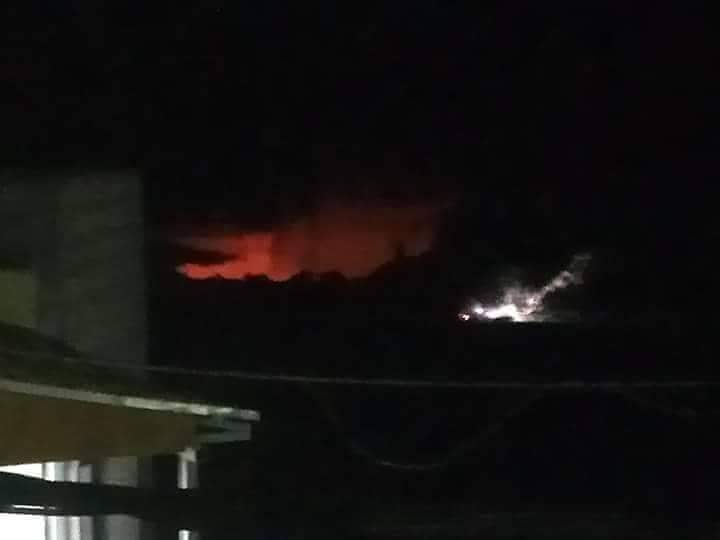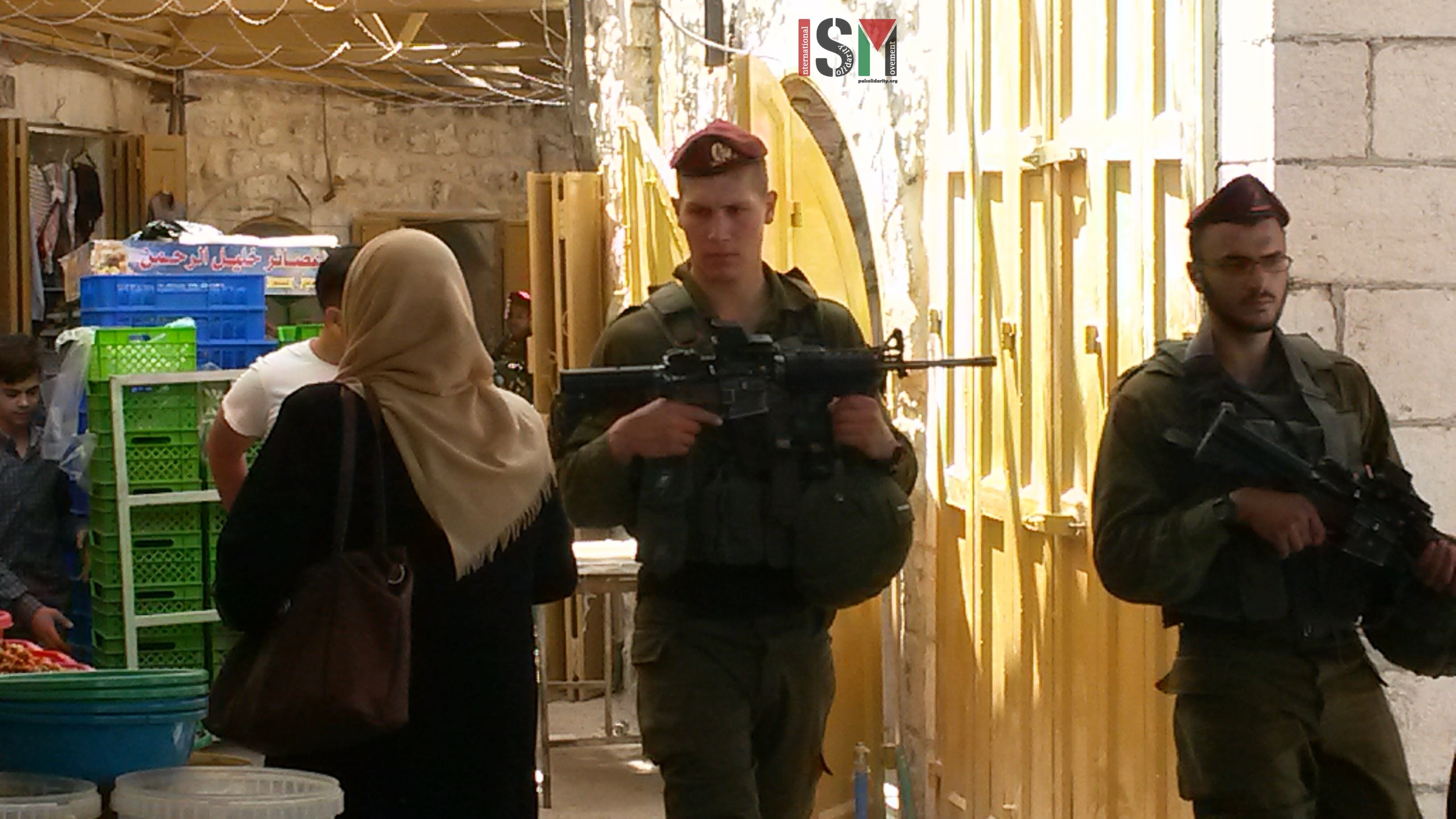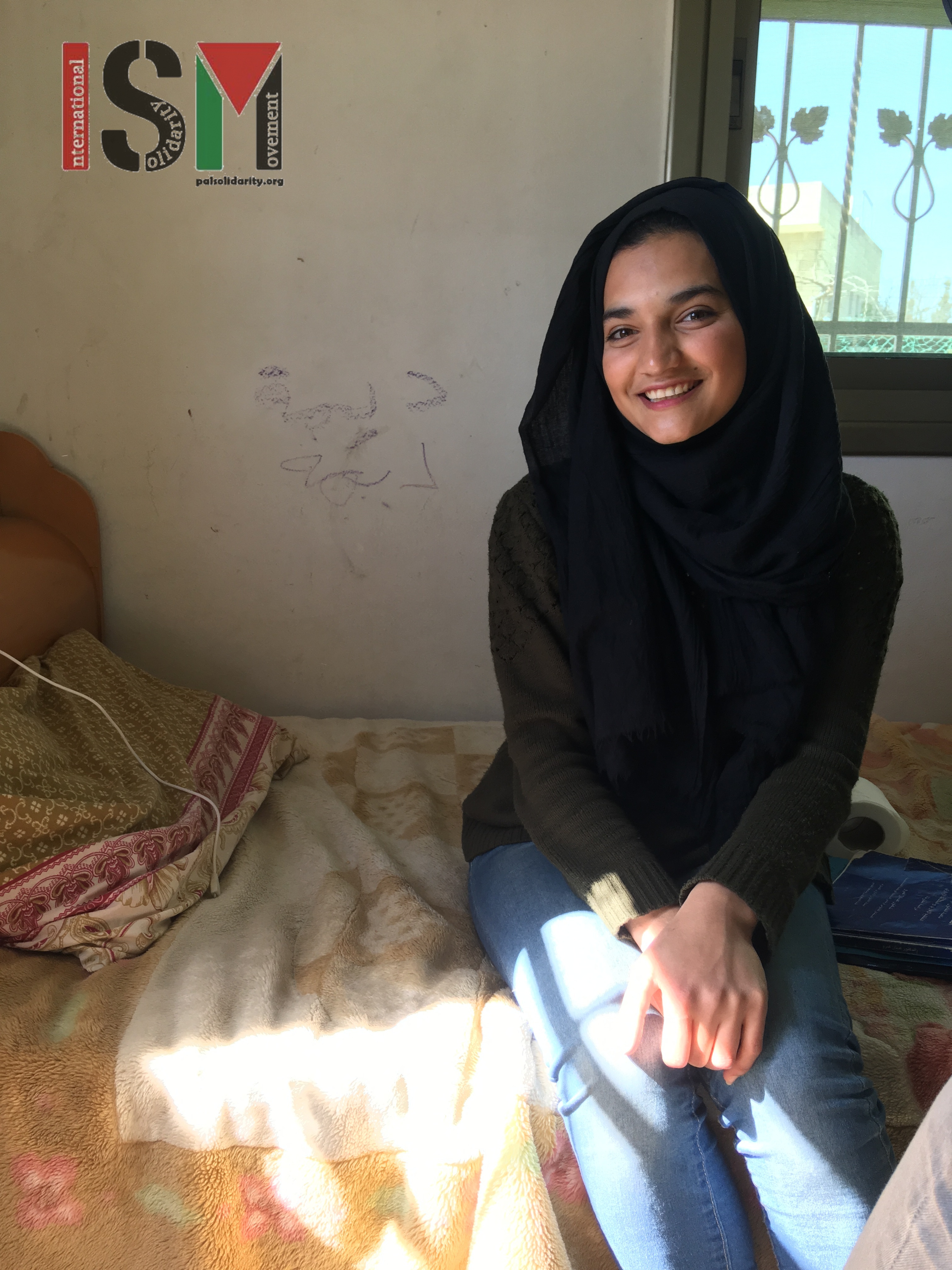Tag: Settlers
-

Interview: ISM speaks to Hakima Motlaq about a recent soldier and settler attack on the village of Asira
26th August 2018 | International Solidarity Movement, interview by Mariana | Asira al-Qibliya, occupied Palestine Asira al-Qibliya is a village near Nablus that has been terrorised by the illegal Ytzhar settlement since 1982. In any moment of the day or night, settlers can arrive in the village and make violent incursions against the people or damage…
-

Settler tourists given weekly armed escort through the streets of Al Khalil
Every Saturday, Zionist settler tours take place in the narrow alleys of the souq in Al Khalil’s (Hebron). These guided tours usually last for about an hour, and settlers are always accompanied by armed Israeli forces, intimidating local Palestinians who are trying to make a living by selling their goods in the market. The tours…
-

A recollection of Dima al-Wawi’s imprisonment and a remembrance of Hamza Zamara
18th March 2018 | International Solidarity Movement, al Khalil team | Occupied Palestine Two years ago Dima al-Wawi woke up for school feeling sick. Her throat hurt and her lymph nodes were swollen. Her parents were already out of the house, on their land that is split in two by the illegal settlement Karmi Zur…
